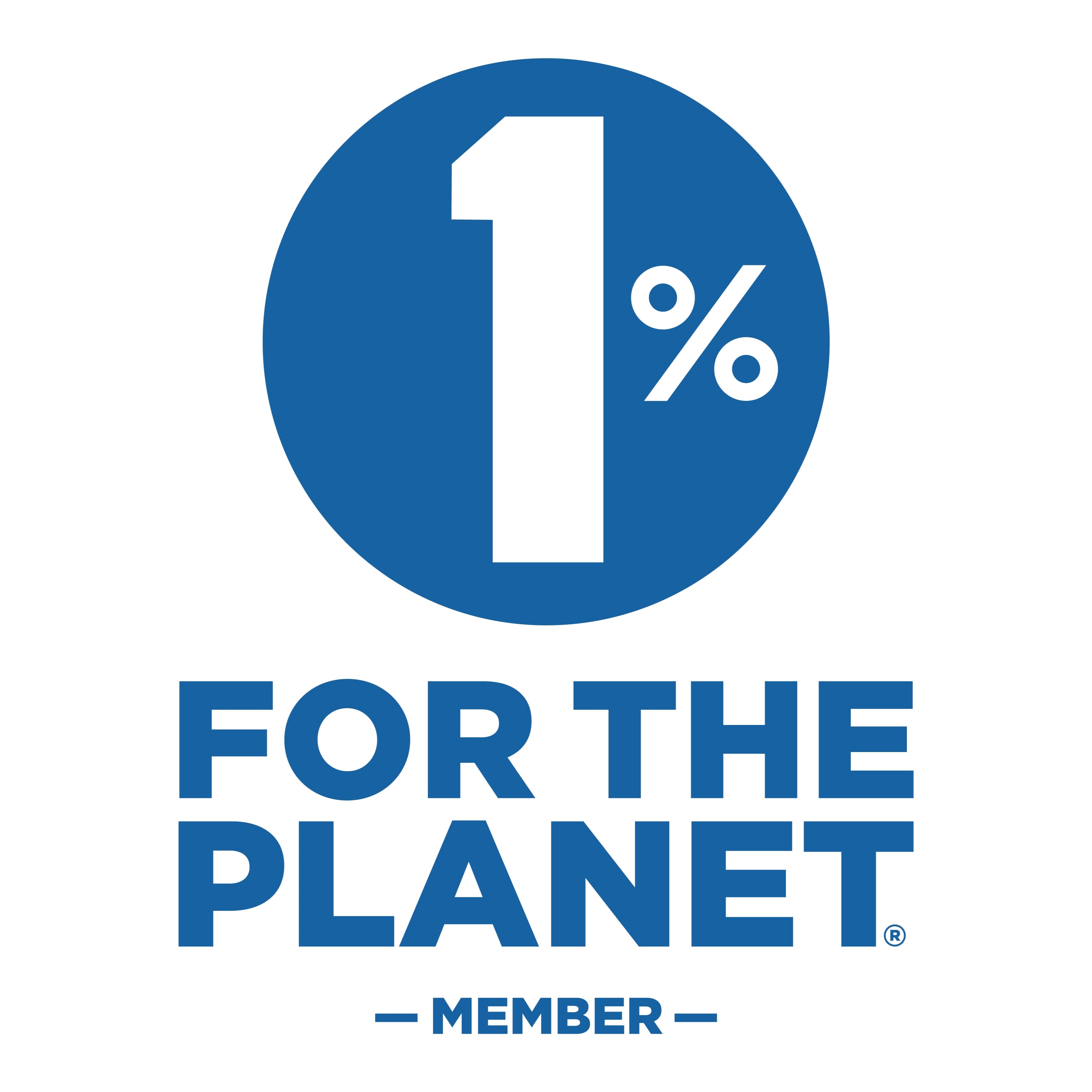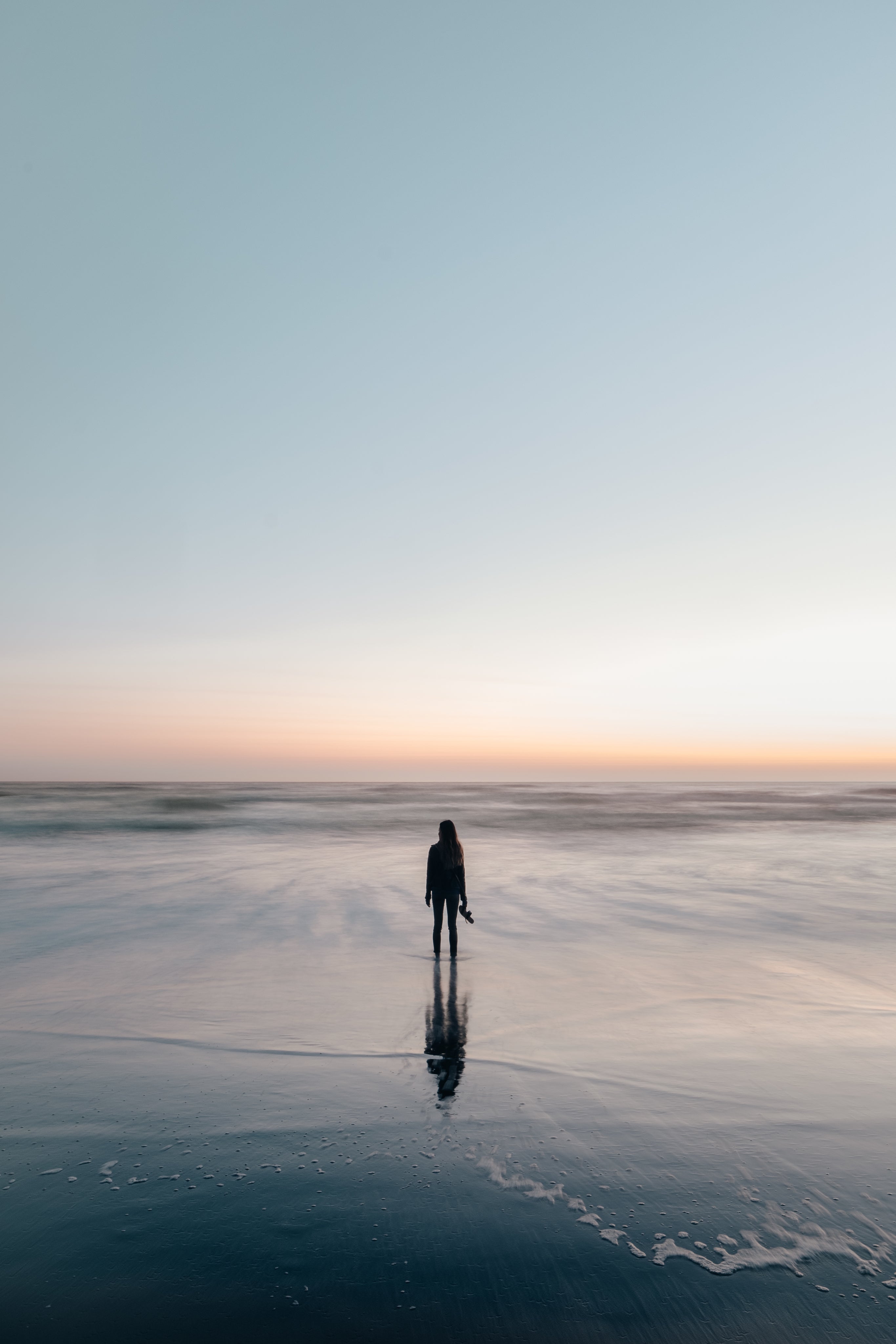There are so many Charities and Good Causes doing amazing works around the World that it's impossible to say which charities are doing the 'best' work. Almost every country which borders an ocean has organisations doing excellent work to protect and improve their local eco-systems. The fact is that they're all impressive, so we have segmented them by cause and how they define themselves. It's also important to note that many of them have multiple goals.
1. Removing floating Plastic - The Ocean Cleanup
Impressively, at the age of only 18, Dutch inventor Boyan Slat founded The Ocean Cleanup in his hometown of Delft, the Netherlands. An area of floating plastic rubbish know as The Pacific Garbage Patch was their main focus of attention but this has widened to river plastic capture too.
"Every year, millions of tons of plastic enter the oceans, primarily from rivers. And the plastic that’s afloat within the oceans isn’t going away by itself. To effectively solve the problem, we need to both turn off the tap and mop the floor at the same time.The Ocean Cleanup, a non-profit organisation, is developing and scaling technologies to rid the world’s oceans of plastic. Our aim is to put ourselves out of business once the oceans are clean"
2. Species Related Protection- Dolphin Project
Founded by Ric O'Brien, he has done an amazing service for the world in protecting cetaceans. For example he brought the world’s attention to the brutal drive hunts taking place along the coast of Taiji, Japan, as seen in the 2009 Academy Award-winning feature documentary “The Cove.”
"Dolphin Project is a non-profit charitable organisation, dedicated to the welfare and protection of dolphins worldwide. Founded by Richard (Ric) O’Barry on Earth Day, April 22, 1970, the organisation aims to educate the public about captivity and, where feasible, retire and/or release captive dolphins.
The mission of Dolphin Project is to end dolphin exploitation and slaughter, as dolphins are routinely captured, harassed, slaughtered and sold into captivity around the world – all in the name of profit. Dolphin Project works not only to halt these slaughters, but also to rehabilitate captive dolphins for retirement and/or release, investigate and advocate for economic alternatives to dolphin slaughter, and to put a permanent end to dolphin captivity."
3. Model replication with brand Support - Sulubaaï Environmental Foundation & Blancpain
Sometimes a brand will support a project - it's a win-win as the Project will get funding to carry our its work and the brand will be seen in positive light supporting a worthy environmental good cause which may align with its equites. So if you buy into the brand why not also support their charity of choice? SEF is using an Island to research many conservation initiatives to develop a model which can be replicated elsewhere.
"Our approach consists in developing our objectives and making our site a model of sustainable management and a leader in ecosystem restoration, and then extending our knowledge to other places in the Philippines. Pangatalan Island is a platform where we are experimenting with methods of restoration, scientific monitoring, raising awareness and sustainable development before replicating them on a larger scale. We believe that ecosystem preservation requires the involvement of local communities, and that the active management of marine protected areas is necessary to achieve significant results to deal with existing issues.
-Our mission: to restore marine ecosystems
-Creating community-based marine protected areas.
-Supporting local populations to preserve and manage their marine resources.
-Promoting sustainable resource harvesting methods. "
Supported by:
4. Direct Action - Sea Shepherd
if it weren't for organisations like Sea Shepherd who would be protecting the oceans from illegal and unmonitored exploitation? When it comes to the high seas, direct action is the only course of action.
"Sea Shepherd is an international direct-action ocean conservation movement.
Sea Shepherd is an international, non-profit marine conservation organisation that engages in direct action campaigns to defend wildlife, and conserve and protect the world’s ocean from illegal exploitation and environmental destruction.
Our oceans and its inhabitants are dying from overfishing and habitat destruction. Poachers plunder marine life sanctuaries with impunity, and illegal, unreported and unregulated (IUU) fishing goes unchecked in the high seas far from public scrutiny."
International and national laws protecting the world’s oceans are difficult to enforce. Sea Shepherd uses direct action to defend marine life on the high seas, and works with national authorities to tackle illegal fishing in sovereign waters.
5. Living Coastline Restoration- Mangrove Action Project
With global warming and urban development comes rising oceans and artificial sea barriers. A recipe for habitat destruction and flooding. Mangroves act as a flood barrier, wildlife ecosystem, food source, silt trap, carbon sequester and many other benefits that need to be protected.
"Mangrove Action Project (MAP) is a US-based nonprofit which collaborates with stakeholders at all levels to preserve, conserve, and restore our world’s mangrove forests.
Witnessing firsthand the rapid devastation of the world’s mangrove forest wetlands and their associated coastal ecosystems, the founders of the Mangrove Action Project decided in 1992 that it was time to form a global network to save the mangroves.
We at Mangrove Action Project take a truly grassroots, bottom-up approach to mangrove conservation and restoration issues. Our approach involves and includes the voices of the global South, local communities, and their partner non-governmental organizations (NGOs).
MAP works through action, advocacy, and education to ensure that mangrove forests are healthy for current generations – as well as those to come."
6. Sewage discharge - Surfers Against Sewage
Surfers are like a litmus test for the cleanliness of water. Ear and eye infections are a sure sign that there are nasties in the water. After prolonged and flash rains, raw untreated sewage is pumped into rivers and the ocean. Investment in sewage treatment infrastructure is need to prevent discharges.
"We are ocean activists. We are the voice of the ocean. Campaigning for a thriving ocean, thriving people.
Water Quality - we campaign for a clean ocean, rivers and lakes for wildlife and people. We demand an end to sewage discharge into UK bathing waters by 2030.
Plastic Pollution - we campaign to run back the plastic tide choking the ocean. We demand and end to plastic pollution on beaches by 2030
Ocean Recovery- we campaign to protect and restore the ocean wilderness. We demand high protection status for 30% of the ocean and all UK Marine Protected Areas by 2030
The ocean & climate emergency- we campaign to stop destructive global heating threatening all life in and above the ocean. We demand that the UK achieves net zero, including the adoption of ocean-based solutions, by 2030"
7. Cleaning Up Coastlines- 4Ocean
Plastic especially single use plastic is a huge issue especially in emerging economy nations. Often rubbish is hurled into rivers and eventually ends up washed up on shorelines. 2 surfers who encountered this issue in Bali started 4Ocean as a result. They have a successful merchandise programme which raises funds and awareness .
"4ocean is an ocean cleanup company dedicated to ending the ocean plastic crisis. As a Public Benefit Corporation and Certified B Corp, we harness the power of business to fund a global cleanup operation that’s responsible for recovering millions of pounds of plastic and trash from the world’s oceans, rivers, and coastlines."
8. Parley - From an Issue to a Project
In 2015 Adidas decided they wanted to use recycled plastic in their running shoes. Parley for the Oceans (Parley) is Adidas' partner in the Parley A.I.R Strategy, which turns plastic waste into thread that is woven into running shoes. The Adidas-Parley shoe silhouettes were re-designed with knitted uppers and decorative stitching, all made from recycled, ocean-bound plastic collected by Parley. They now produce a range of products with the same materials.
"Everything starts with inspiration. Therefore every Parley is a curated gathering with a dedicated topic, presented by Parley Speakers to a carefully selected audience. The talks are meant to give an overview of the State of the Oceans in general, to present a specific cause, and to get the support for a related initiative or project.
Once there is serious interest to support the cause and collaborate, or to join an existing project or initiative, the Parley team helps to get things moving by developing an individual idea or concept, connecting potential partners, and moderating the collaboration process. We shape ideas from conception to reality, from a good intention to the finalisation of an agreement and actionable strategy.
The signature on an agreement is the official kick-off for each partnership and project. The Parley team supports our collaborators by translating needs and ideas to each partner, managing expectations and keeping the partners on track with a realistic roadmap. The success of a collaboration lies in its implementation. We measure our progress by what we achieve together, our impact."
9. General Ocean Protection- Oceana
Protecting the oceans on a global scale is a huge task. It's a geo-political as well as physical issue. No charity can be in every place all at the same time. So large charities like Oceana are striving hard to protect them issue by issue.
Oceana is dedicated to protecting and restoring the world’s oceans on a global scale and their vision is to make our oceans as rich, healthy, and abundant as they once were.
"Oceana, founded in 2001, is the largest international advocacy organisation focused solely on ocean conservation. Our offices around the world work together to win strategic, directed campaigns that achieve measurable outcomes that will help make our oceans more biodiverse and abundant.
Oceans cover 71 percent of the globe, and they are as important to us as they are vast. Our oceans are home to most of the life on our planet and play a central role in the world’s natural systems, like regulating our climate and absorbing carbon dioxide. They provide livelihoods to countless fishermen and others around the world. They also feed hundreds of millions of people and have the capacity to provide a healthy seafood meal to a billion people, every day. Unfortunately, the oceans are in trouble — scientists report that the amount of fish caught from the oceans began declining — for the first time in recorded history — just a few decades ago. Fortunately, we know how to fix things. Science-based fishery management — which establishes science-based catch limits, reduces bycatch and protects habitat — is helping the oceans rebound and recover where it is established. Oceana is dedicated to advocating for science-based fishery management and restoring the world’s oceans."
10. Controlling Fishing - Blue Marine Foundation
Unscrupulous, undetected over-fishing in International waters is a critical issue. Films such as Seaspiracy have covered this truly horrific practice which leads to mis-information even for consumers who believe they are shopping responsibly when in fact the opposite is true. Massive collapses in large-fish stocks since the 1950's is prevalent.
Blue Marine’s mission is to see at least 30% of the world’s ocean under effective protection by 2030 and the other 70% managed in a responsible way.
"Blue Marine is filling a niche in the NGO world, enabling marine conservation to happen fast and effectively. What differentiates Blue Marine is that we are well connected and determined; we seize opportunities as they arise and get things done. We forge new partnerships and challenge the status quo.
Blue Marine works using a combination of top-down intervention to improve governance of our seas and bottom-up project delivery to help local communities who are at the front line of ocean conservation.
Our key strategic interventions are as follows:
- Securing marine protected areas to ensure the protection of at least 30% of the ocean by 2030.
- Developing models of sustainable fishing proving that low-impact fishing benefits marine life, local fishers and communities.
- Restoring marine habitats to revive and protect vulnerable and threatened species and to sequester carbon.
- Tackling unsustainable fishing by highlighting poor practice and developing solutions.
- Connecting people with the sea and enhancing ocean understanding across generations."
(Header Image: North Lido Beach, Sarasota USA ©Ateliers Verts July 2019 )
#MinimiseOurHumanFootprint
©Ateliers Verts Ltd. 2023
Back to: Ateliers Verts® The Magazine
















